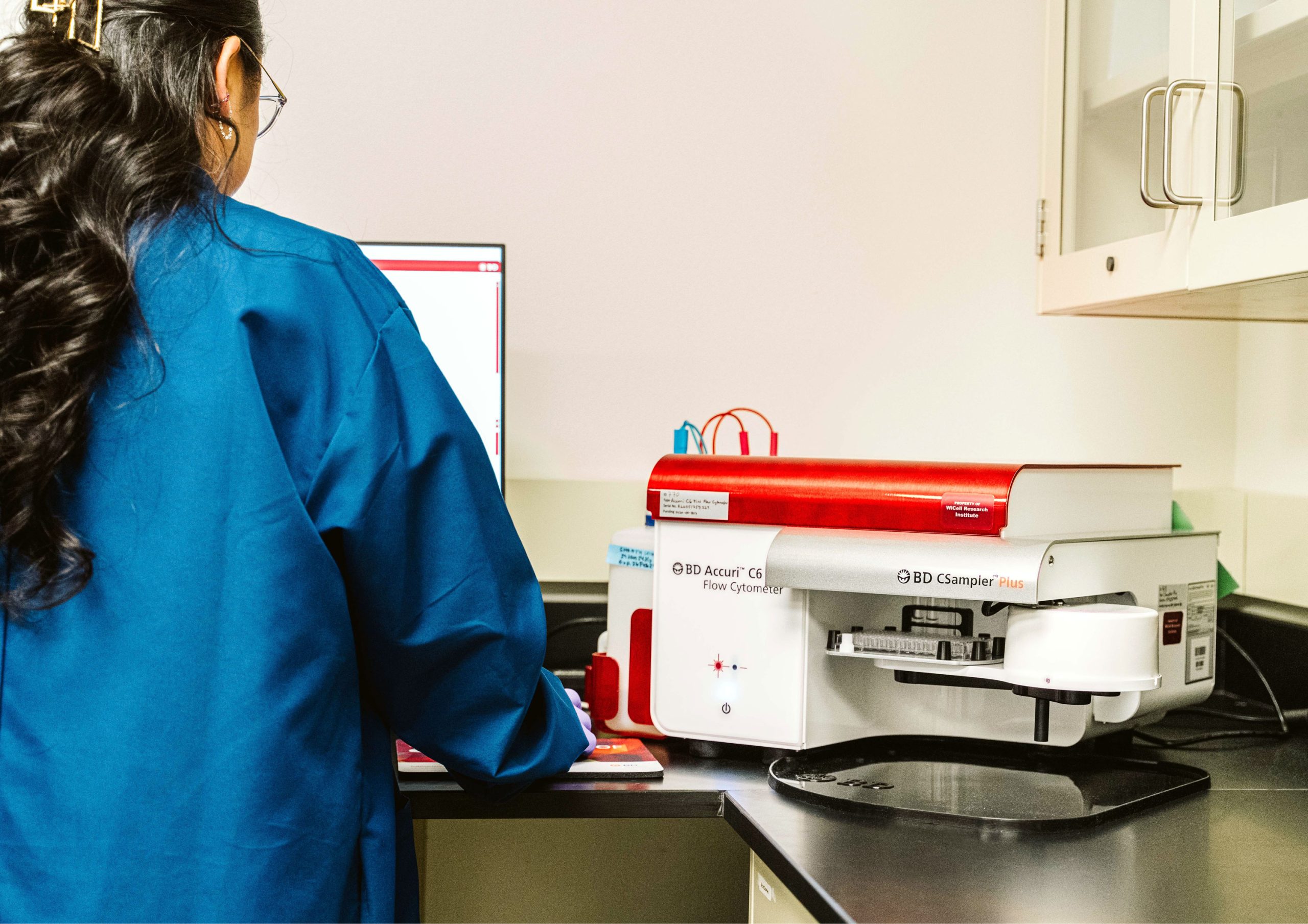Please note that this is a working list that will be updated at the discretion of the Cytogenetics Laboratory.
Recurrents:
Recurrents are an abnormality seen frequently in stem cells that is thought to confer an advantage to the abnormal cells such that they out-compete normal cells in culture.
- Gain of chromosome X
- Gain of chromosome Y
- Gain of chromosome 1, specifically 1q32.1; e.g., trisomy 1, dup1q, +iso1q, or any der resulting in gain of 1q sequences
- Presence of isochromosome 7p
- Gain of chromosome 8
- Gain of chromosome 12, specifically 12p13.3; e.g., trisomy 12, dup12p, or +iso12p
- Gain of chromosome 14
- Gain of chromosome 17, specifically 17q25; e.g., trisomy 17, dup17q, or any der resulting in gain of 17q
- Loss of chromosome 18, specifically 18q21; e.g., del18q or any der resulting in loss of 18q
- Gain of chromosome 20, specifically 20q11.21; e.g., trisomy 20, dup20q, iso20q, or any der resulting in gain of 20q
